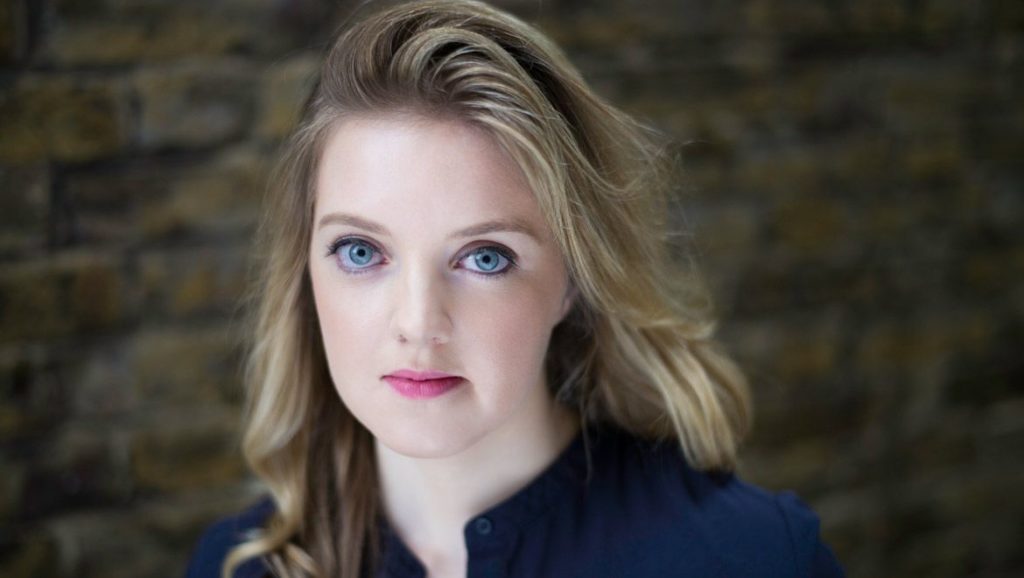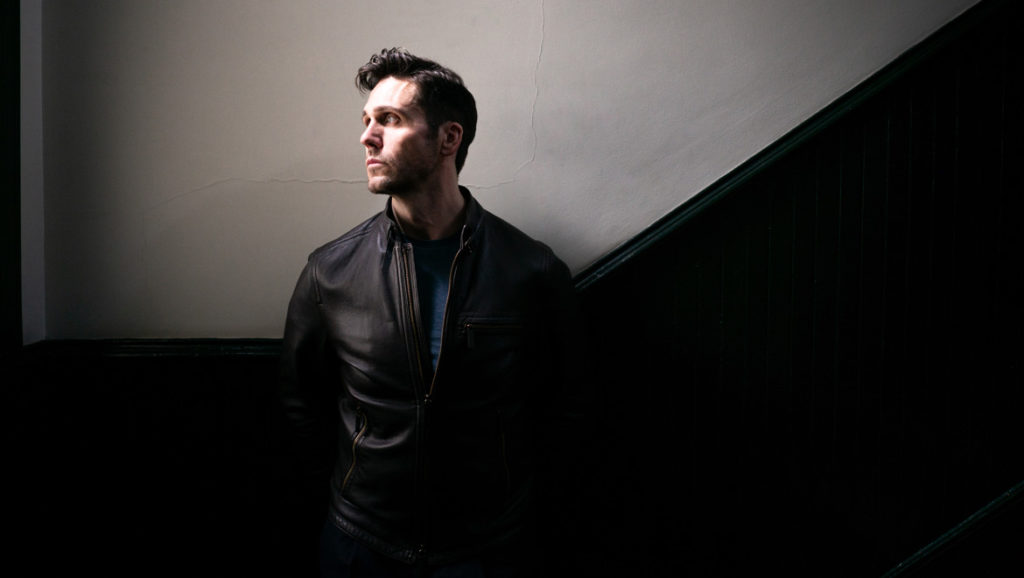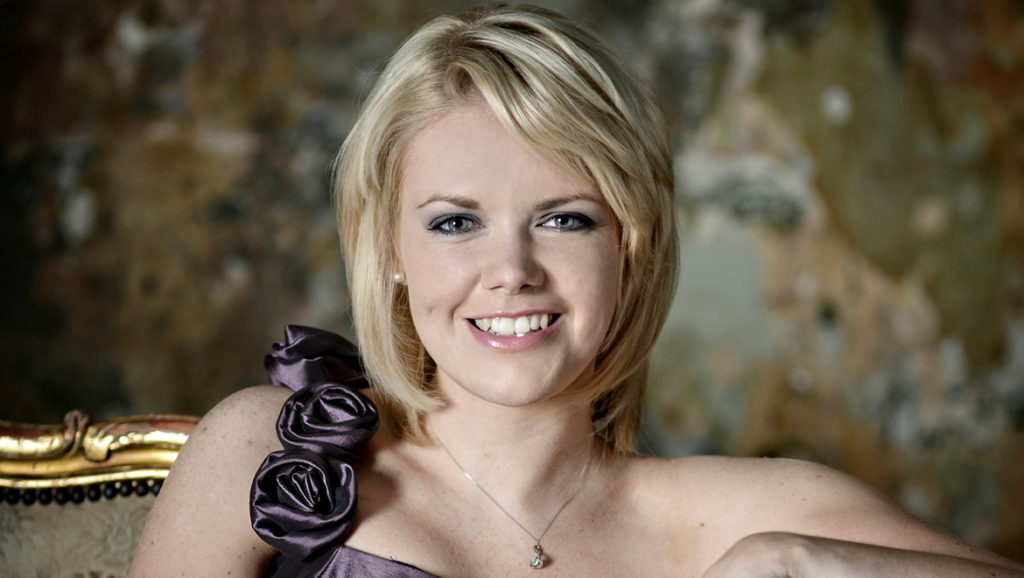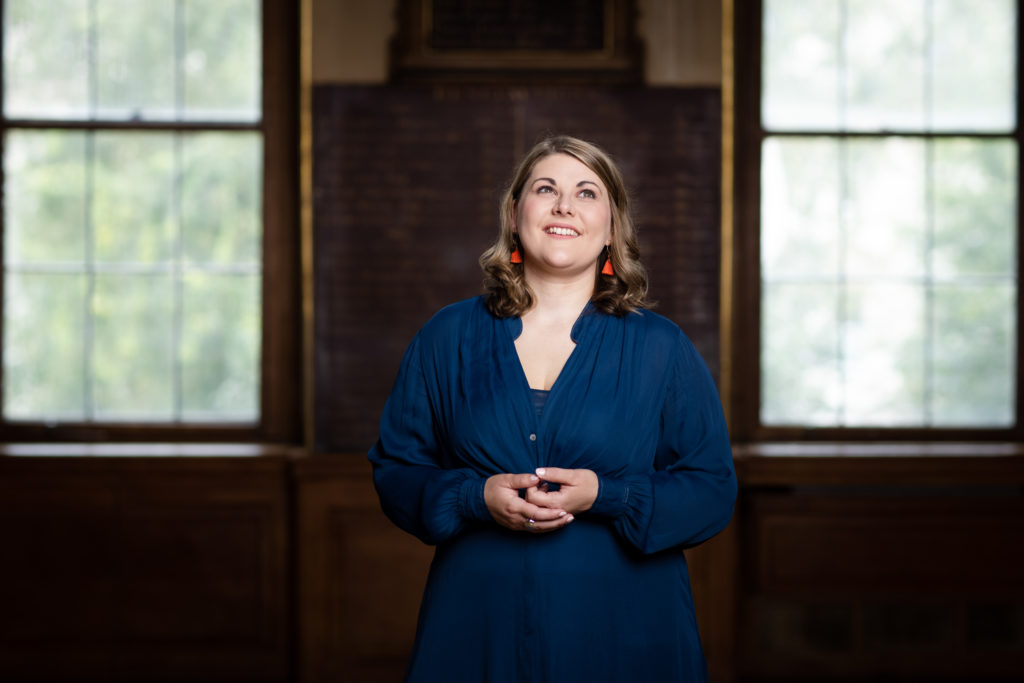
University of York Song Day, National Centre for Early Music & Sir Jack Lyons Concert Hall, York, February 19
IT fell to Christopher Glynn to put together this year’s University Song Day. He was an excellent choice.
He is of course well known in Yorkshire for his fine stewardship of the Ryedale Festival. But it was also good to have a full-time accompanist of his calibre presiding. His intelligent, always distinctive contributions from the keyboard were the linchpin of the day.
It was in three parts. At lunchtime, A Shakespeare Songbook attracted the talents of soprano Rowan Pierce and tenor Ed Lyon. In the afternoon, outstanding mezzo-soprano Kathryn Rudge offered advice to five university students in a masterclass.
In the evening, now transplanted to the Lyons, Pierce and Rudge were joined by up-and-coming soprano Siân Dicker in a programme of Richard Strauss lieder stretching over nearly 80 years of his life.
Shakespeare has almost certainly inspired more musical settings than any other poet. Most are taken from the plays, although the sonnets account for a fair number. Here we dipped into five plays and two sonnets, with Shakespeare In Love to start and finish. There were several unexpected delights.

Arne’s setting of When Daisies Pied (from Love’s Labours Lost) with echoing cuckoo, daintily given by Pierce, was beautifully enhanced by Glynn’s ornamentation. His pacing of the prelude to Haydn’s She Never Told Her Love (Twelfth Night) was tellingly spacious.
Sylvia’s Charms (Two Gentlemen Of Verona), as imagined by Schubert, were boldly extolled by Lyon, before he turned to Julius Harrison’s much less-known setting of Oberon’s I Know A Bank (A Midsummer Night’s Dream), which was complemented by the fairies’ invocation from the same play, You Spotted Snakes, given by Pierce. Both singers proved Harrison an adept watercolourist.
Michael Head is another underestimated song composer, as heard in Pierce’s account of How Sweet The Moonlight Sleeps (Merchant Of Venice), where pianissimo drew in the listener and the piano twinkled with golden sheen.
Lyon brought terrific gusto to Quilter’s setting of Blow, Blow Thou Winter Wind (As You Like It), which happened to coincide with snow falling outside, visible through a window of St Margaret’s. We felt the poetry’s chill.
This was signal for a calmer interlude, the duet from Handel’s L’Allegro, As Steals The Morn, which adapts words from The Tempest; it was affectionately delivered. Pierce was both sinister and sprightly in Tippett’s Songs For Ariel, uncovering much of their magic. Similarly, Lyon plumbed the Clown’s infinite sadness in Come Away, Death (Twelfth Night), which was tightly controlled by voice and piano alike.

Roxanna Panufnik has set three Shakespeare sonnets. Mine Eye treats the words of Sonnet XXIV with utmost care, as did Pierce here. The world premiere of Kim Porter’s duet-setting of Sonnet CXVI made a worthy and equally pleasing companion to it, gentle at its heart, with trickling piano, before building to a triumphal finish.
Both singers relished the challenge of Vaughan Williams’s Fear No More The Heat O’ The Sun (Cymbeline), taking a lead from Glynn’s ever-astute handling of the keyboard. The event was a welcome – and powerful – reminder of the rich treasury that is English song.
Devoted as it was entirely to the songs of Richard Strauss, the evening was almost too much of a good thing. Strauss was virtually besotted with the soprano voice in all its guises – he even married a diva – so the presence here of two sopranos and a mezzo was ideal. They exhibited a contrast in styles which added to the excitement.
Here, more than ever, Christopher Glynn was called upon to exercise his skills to the utmost. He never faltered. Indeed, the powerful, scented aromas that these songs generated owed a huge amount to the colours in his palette.
At every step of the way he simplified the singers’ task. Rowan Pierce opened the evening with the six-year-old Strauss’s cute Weihnachtslied (Christmas Carol), before a peppy, vivid Begegnung (Meeting) and a not quite dreamy enough account of Rote Rosen (Red Roses).

Later there was a lovely transition in Schlechtes Wetter (Filthy Weather), where voice and piano together melted into the waltz, leaving behind the bad mood of wind and rain and conjuring the dance in their place.
Kathryn Rudge began with three songs from Op 10, composed in 1894 and his first to be published. She entered straight into the mood of Zueignung (Dedication), giving its powerful melody a strong line. She never let our attention wander after that either.
Glynn brought bold colourings to Nichts (Nothing), which she amplified, before a wonderfully contemplative Die Nacht (Night), calm, hovering, treasuring the moment. It was a gem.
She later returned with Schlagende Herzen (Beating hearts), capturing the nervous essence of young love with its repeated ‘kling-klangs’. There was no doubt about the depth of her feeling in Sehnsucht (Yearning), and her approach to the final word, Paradise, at the end of Das Rosenband (Rose Garland) was exquisite, once again making time stand still.
These were the work of a singer in her prime, one who knows exactly how to hold an audience in thrall. Spellbinding stuff, the voice beautifully focused throughout its range, right to the very top.

Sián Dicker’s opening set came from Op 27, composed in 1894. She was at her best when she did not have to restrain her inner Brunnhilde. Ruhe Meine Seele (Rest My Soul) exploded into distress before neatly calming down.
Anticipated ecstasy bubbled through Heimliche Aufforderung (Secret Invitation), before her most controlled singing of the evening in Morgen! (Tomorrow), in which she took inspiration from Glynn’s gently modulated prelude (echoed in his postlude).
She was also given the honour of performing the Four Last Songs, which Strauss wrote in 1948, a year before his death. In Frühling (Spring) she developed terrific resonance at its heart but also revealed a recurring tendency to widen her vibrato when she pushed the tone too hard.
The urgency at the start of the last stanza on Beim Schlafengehen (Going To Sleep) was well judged but it needed to be followed by greater inwardness, the kind she found at the end of the final song. All the while, Glynn was achieving little miracles at the keyboard, larks trilling in the twilight, for example, before another eloquent postlude.
The three singers signed off with the trio from the end of Der Rosenkavalier, Hab’ mir’s Gelobt (I Made A Vow), when the Marschallin bows out, leaving Octavian and Sophie to each other. It was beautifully, even touchingly, done and crystalised the heady perfumes that all four musicians had concocted throughout the evening.
Review by Martin Dreyer
